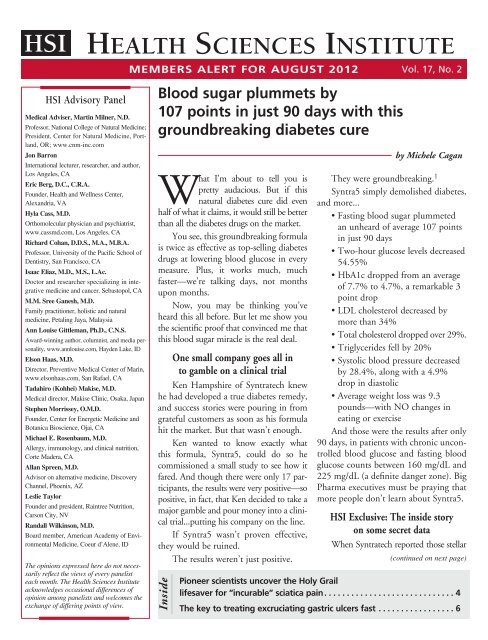

Most IBC patients don’t feel a lump – the breast cancer symptom they search for in self-exams.īarbara Smith of Massachusetts General Hospital told the Boston Globe, the lymphatic vessels are “the highways out of the breast to the rest of the body.” And that’s one of the key factors that makes this cancer very dangerous: It spreads so quickly that by the time it’s diagnosed it’s usually metastasized. Most cases of IBC are diagnosed at stage III (locally advanced) and stage IV (advanced to other organs).Statistics show that women under the age of 50 and black women appear to be at highest risk. There’s no way around it – IBC treatment must be aggressive and usually involves chemotherapy, followed by surgery and radiation. And frankly, there is precious little good news. I found one study that showed how whole-body FDG-PET/CT exams were able to accurately detect just how much the disease had spread. But FDG-PET/CT scans are costly and put a patient at greater danger. When I checked in with HSI Panelist Allan Spreen, M.D., he pointed out that PET scans use “labeling agents” that are radioactive.ĭr. Spreen: “Adding a CT scan is insult to injury – a whole-body CT, I’m told, is equal to something like 350 standard chest film x-rays…that’s a LOT of radiation (plus the PET scan radioactivity).

Seems to me the best shot, if you’re going conventional at all, is assume metastases are already there and treat accordingly, saving the huge cost and considerable radiation insult.”Īnd here’s where Dr.

Spreen offered the one glimmer of good news in the treatment of this disease: l-glutamine. L-glutamine is a key amino acid that’s essential to immune function. According to a study conducted in the late 90s, when l-glutamine is given with chemotherapy, such as methotrexate, the amino acid significantly reduces chemo toxicity. After adding l-glutamine to chemotherapy, there’s only one way to bring better news to the IBC story: Get the word out. Please forward this e-Alert to every woman you know so future IBC patients might have a better chance of catching this disease when it’s most treatable.Dr. Christina Stamper, professor of management, served as co-editor of "Handbook on Diversity and Inclusion Indices: A Research Compendium."ĭr. Russell Zwanka, associate professor of marketing, and Dr. Jeffrey Xie, assistant professor of marketing, presented their COVID-19 global consumer behavior findings at the Macromarketing Conference.ĭr.


 0 kommentar(er)
0 kommentar(er)
